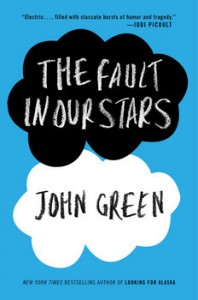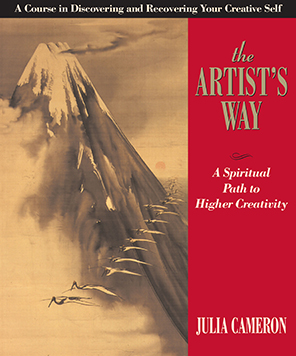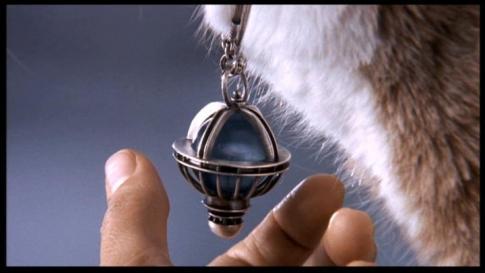In recent weeks, my pile of books-I-want-to-read-because-I-want-to has been greatly neglected. As some of you know, I continue to be dogged (or whaled) by 493 pages of Herman Melville’s weird-not-really-a-novel treatise on whaling, Moby Dick, which I have been trying to finish for five months. (Thank god for the Moby Dick Big Read.) In addition, I’ve had a number of work-related manuscripts to read for colleagues as well as reading for research on a new nonfiction project.
I think my eclectic reading of late has been good for my writing because it is so different in content, style and approach. It helps avoid issues of syntactic persistence, about which I’ve blogged elsewhere. However, I have missed disappearing into a truly extraordinary piece of fiction. So it was with relish that I opened John Green‘s The Fault in Our Stars.
It lives up to every starred review and glowing commendation, but I can’t blog here about how I responded to this book as a human, especially in the wake of the tragedy at Sandy Hook Elementary. Too much is raw and painful for me.
Rather than dissect the inner workings of my broken heart, I want to comment on how what I read influences my writing life.
Sometimes I read a book and I am inspired to try and write something that good.
Or I am encouraged that I have the ability to write something at least as good as that.
Or I wish I’d written that book (and believe that I probably could have).
Or–as in the case of The Fault in Our Stars–I despair at ever writing anything even a fraction as true and perfect.
Sigh.
Maybe I should stick to being a reader.







 I’ll be honest. I’m complicated. I worry about a lot of things. I over-analyze. I dissect. (Nod your head sympathetically toward my husband. He’ll appreciate the gesture.)
I’ll be honest. I’m complicated. I worry about a lot of things. I over-analyze. I dissect. (Nod your head sympathetically toward my husband. He’ll appreciate the gesture.)